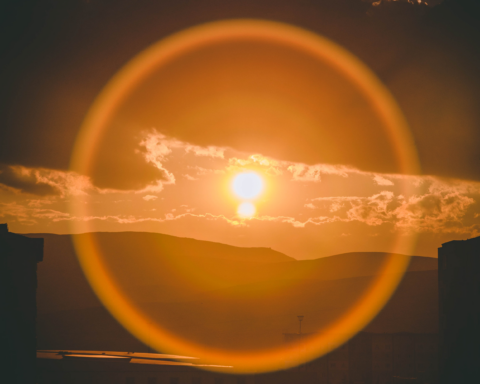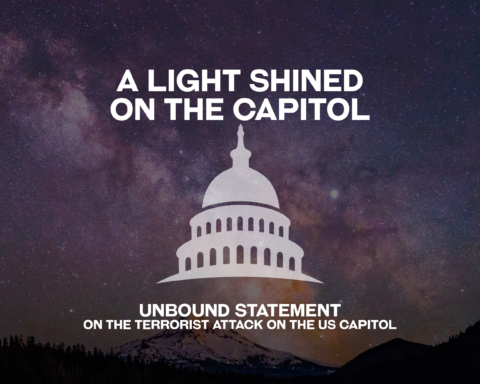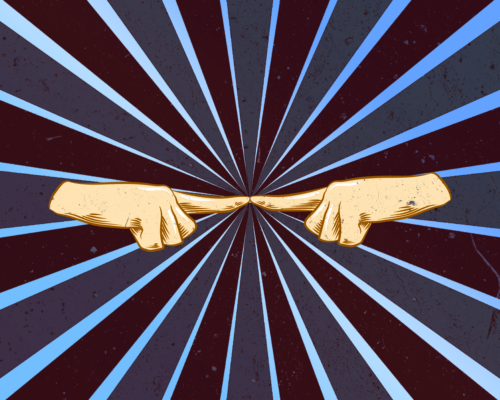Here goes Lee again, asking uncomfortable questions! Yet he has read anthropology about our culture and reads it in real time in the tragic, self-destructive struggles we almost all—in the 99%– see around us. As one raised in a progressive form of Northern Presbyterianism, I do not see what Lee sees, but I know he is speaking to me about this “whiteness,” a presumption of rightness, of being normative, and not simply normal. For younger people, perhaps my own children, the culture’s growing diversity of Asian and Hispanic as well as Black presence may make the unconscious comfort setting less automatic, the belief-reinforcing sense of “we” less experienced (apart from our internal struggles against perceived personal limitations). And our culture’s pervasive economic insecurity can so often “attach” to other forms of change and difference.
I see being Christian as a call to constant self-awareness in dialogue with our Source of deepest joy. For those of us who are read by our culture’s default setting as white, it is not self-hate to name this, but a struggle against unconscious idolatry and the empire of invisible aggression. I resent those who want to focus the economic justice and culture wars on race for political advantage (it has worked for many Republicans for 50 years), but challenging racial hierarchies can help us challenge other hierarchies as well—part of the prophetic and at our best, Protestant calling.
Particularly in the 20 US states that are over 84% white, it is also clear that our self-perception is shaped by economic inequality, the steady reality of poverty and economic desperation, for which the fashions of identity signaling are a kind of distraction, or even a subconscious insistence that its not all about money and class. There is self-policing in some areas, ideological no-go zones, that allow for acting out in other areas—and then there are those addiction and mental stress rates that show a sickness that is so beyond personal, individual failure. It is reading this multi-dimensional reality that the whiteness self-critique can point to, and perhaps beyond it, to follow the way of the cross in North America.
Christian Iosso is the General Editor of Unbound and the coordinator for the Advisory Committee on Social Witness Policy for the Presbyterian Church USA.






Unbound Social